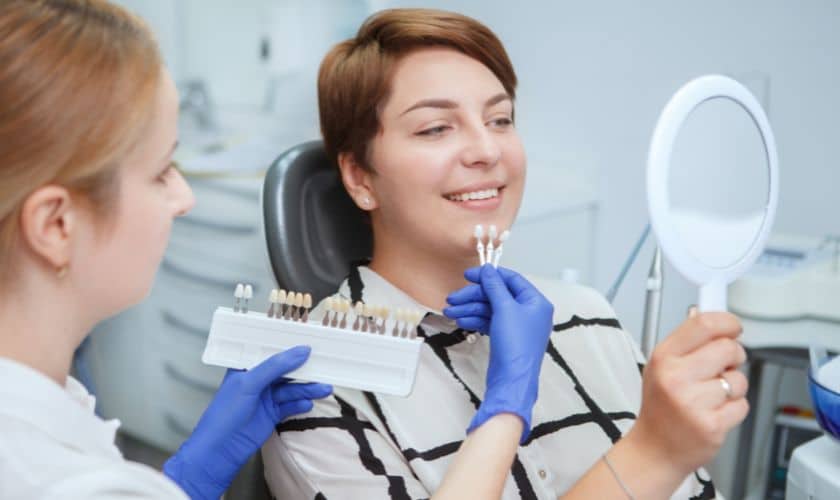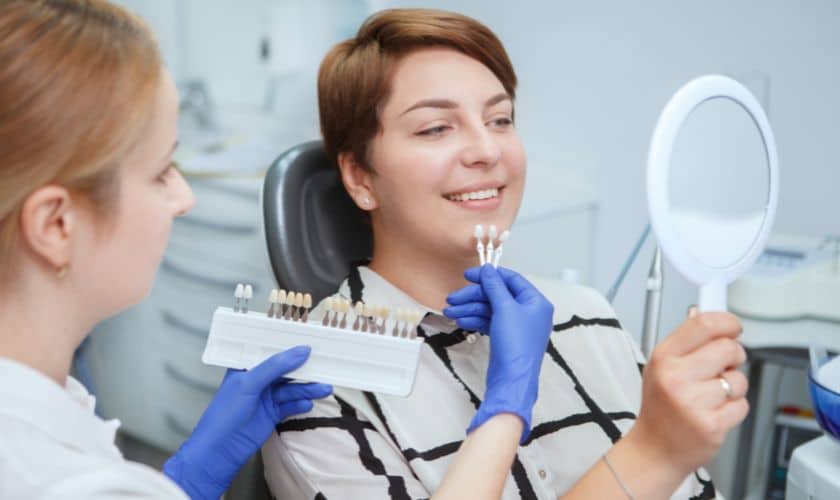Patients are often surprised to learn that dental bonding improves a variety of esthetic concerns they assumed were untreatable or too complex. For instance, you may suffer from stains that do not respond well to teeth whitening. Or, maybe some of your teeth look shorter than the rest, so you assume you are simply stuck with an uneven smile appearance that you will need to accept. Fortunately, bonding offers the illusion of additional tooth tissue – or coverage – where you need some cosmetic help. Wondering if you make a good candidate for this treatment? Learn more with the following FAQs and answers:
FAQs About Bonding (And Answers)
Question: Who is bonding appropriate for?
Answer: Bonding is a gentle, comfortable, simple process that is appropriate for nearly every one of our patients. It includes the use of metal-free composite, which is safe for most people. We may even suggest it for your child if your son or daughter suffered a minor accident that resulted in esthetic damage.
Question: What is composite?
Answer: It is a synthetic acrylic-resin material that we use to bond your tooth. We can color-match it to your tooth tissue so the finished product looks beautiful and seamless – nobody will know where your natural tooth ends and the composite begins.
Question: What is dental bonding, exactly?
Answer: It is an additive cosmetic process in which we create what looks like additional tooth tissue to improve the beauty of your smile. Once we match the composite to your tooth, we will place layers of it on or over the affected site. We will then sculpt it appropriately to fit your smile goals. To finish, we will harden and polish the bonded area for a lifelike, genuine look.
Question: What types of improvements does bonding offer?
Answer: Dental bonding addresses the following: It covers problems like textural issues, small cracks that do not damage your tooth’s health, and stains; bonding allows us to lengthen the appearance of individual teeth, so you can enjoy a uniform smile; bonding permits us to fill gaps between teeth so they look as though they touch one another; and bonding will improve minor structural damage, like chips.
ABOUT YOUR SOUTHLAKE DENTISTS:
As a native Texan, Gregory Wright, DDS, opened his private practice in Southlake, TX in 1992. He and Dr. Victoria Heron are happily accepting new patients from Southlake, Grapevine, Keller, Trophy Club, Colleyville, and all surrounding communities. To learn more, call our office today at (817) 481-7999.





